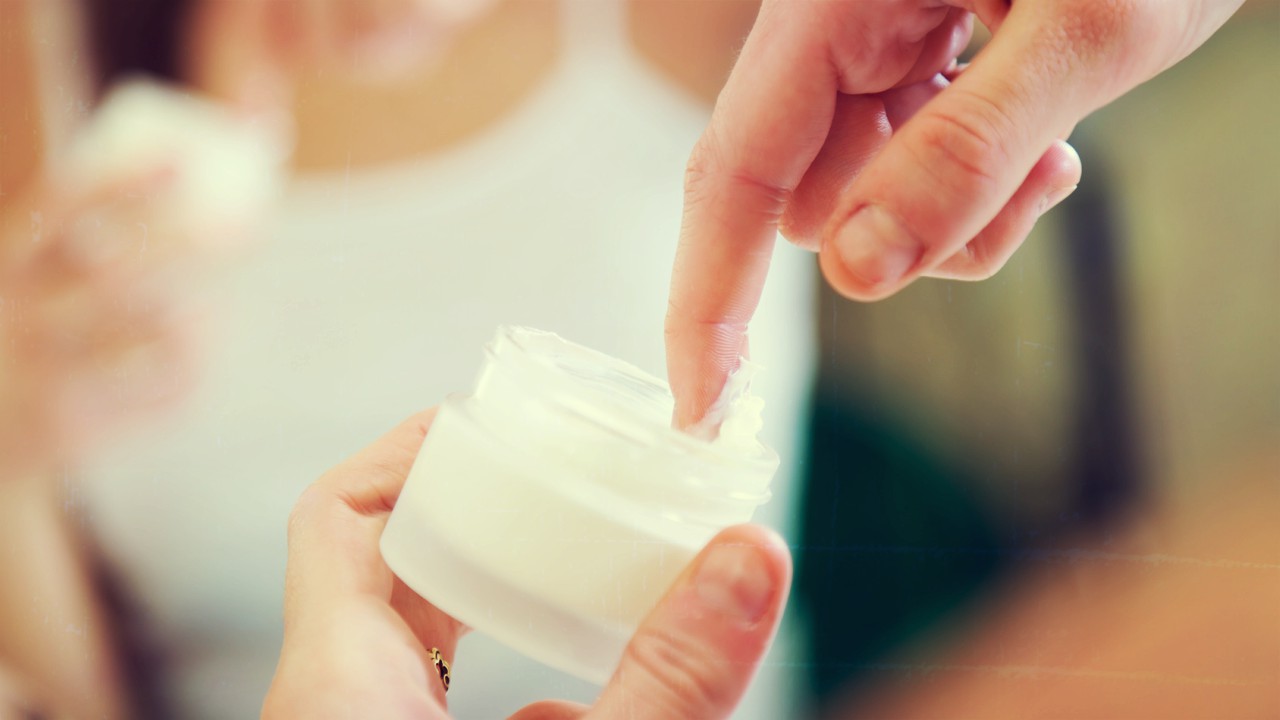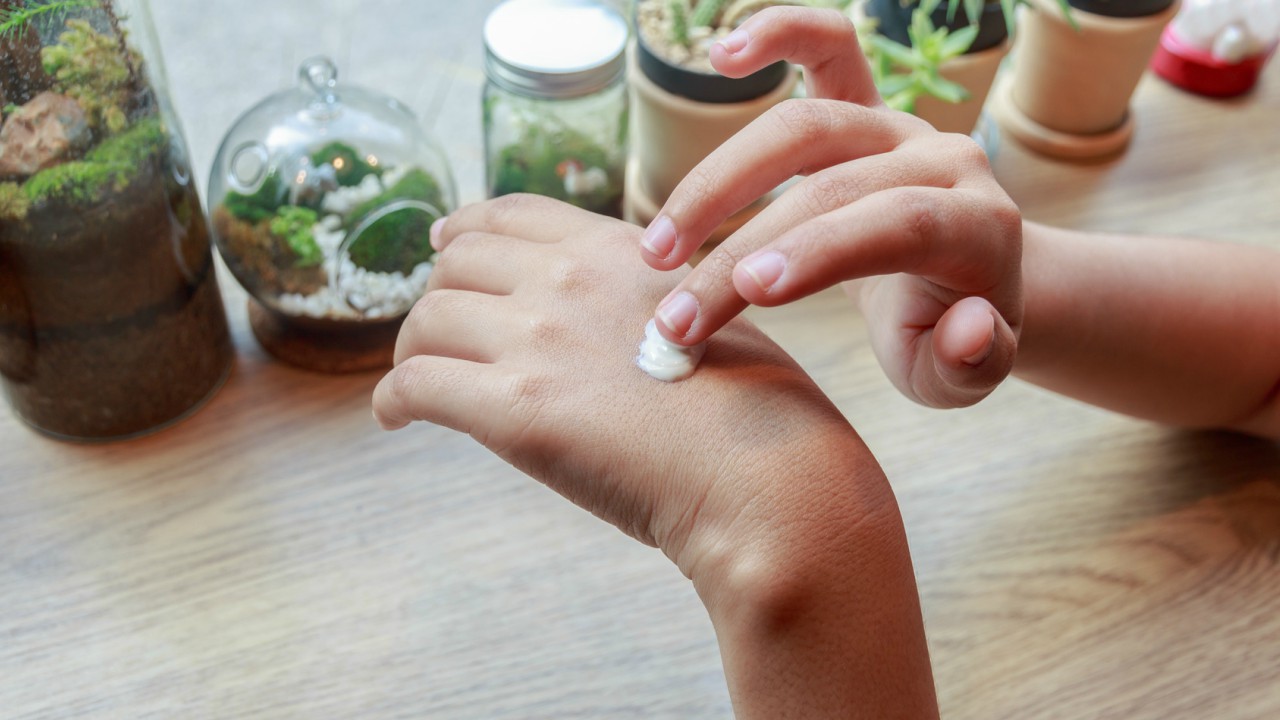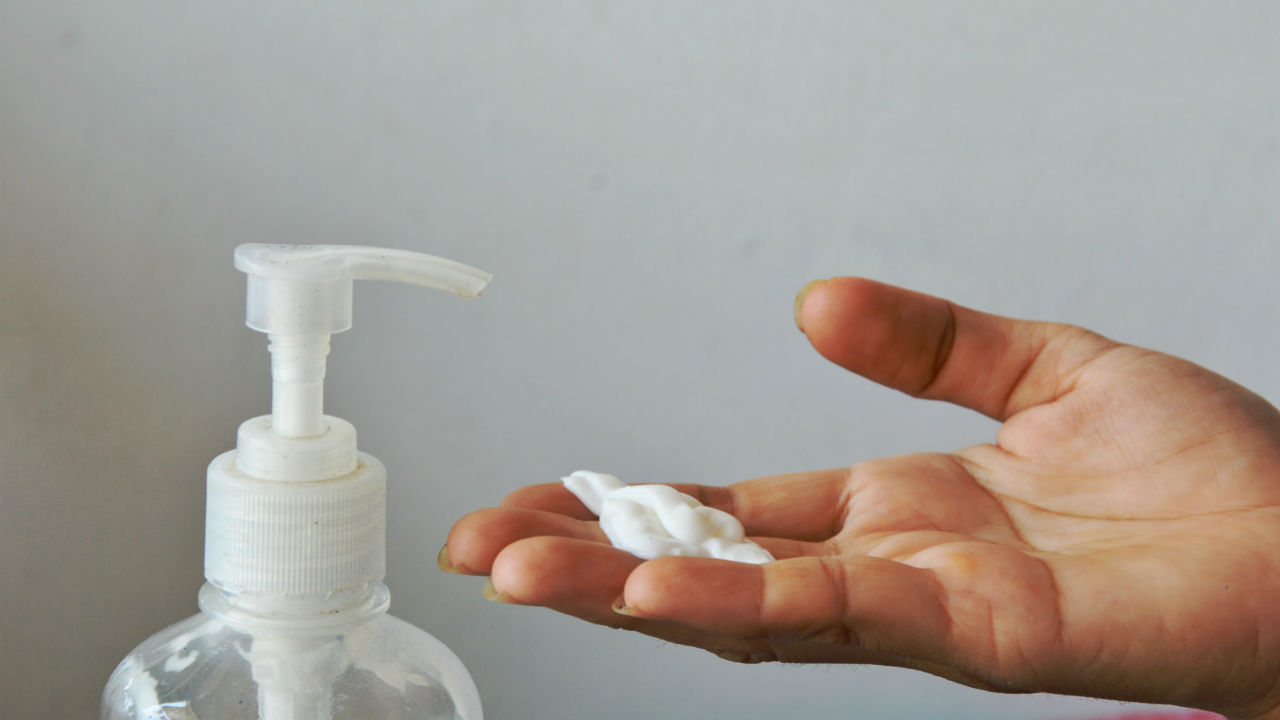 nenetus/fotolia, Edited by Erin Kennedy
nenetus/fotolia, Edited by Erin Kennedy
If an anti-aging product claims to reverse the signs of aging, can it be true? The answer is, no product can turn back the hands of time, but there are products that can help improve the appearance of our skin and help block the effects of exposure to the environment.
New York-based dermatologist Dr. Fayne Frey told Today.com that anti-aging products are deceptive.
“If you are looking for ‘the fountain of youth’ in a bottle, you will not find it in over-the-counter skin care products,” said Frey.
On her website, she attempts to help consumers make sense of what products can and cannot do, and to provide help in knowing what to purchase.
Over-the-counter products may only contain low concentrations of active ingredients. They do not have to provide proof that they actually work, as they are not regulated by the FDA the way prescription creams are.
Prescription creams are considered drugs so they must show both safety and efficacy, which is determined through studies and clinical trials.
Moisturizers are the mainstay of over-the-counter anti-aging products.
A variety of ingredients may be added with claims that they reduce the appearance of fine lines and wrinkles. However, they can only temporarily do so through hydrating the top layer of skin.
This hydration is accomplished by using products that provide a barrier to trap water in the outer layer of the skin.
- Occlusives block water evaporation from the skin, using an oily coating. Examples are petrolatum, mineral oil and vegetable oil. They tend to be sticky, so alone they are not the most desirable skin products.
- Humectants act to draw water from the skin and air, to create a smooth appearance. Ingredients such as glycerin, urea, hyaluronic acid, lactic acid, propylene glycol, sorbitol and vitamins provide for this.
- Emollients make skin appear smooth and soft by using ingredients such as lanolin and sunflower seed oil.
-Therapeutic moisturizers are formulations that use humectants and emollients which are effective in reducing water loss, such as ceramides.
In addition to moisturizers, there are a few products that have shown evidence that they may improve the quality of the skin.
Retinoids
Retinol is an over-the-counter version of the prescription drug retinoic acid (tretinoin), which is derived from vitamin A. Live Science says it works by “reducing the appearance of wrinkles and boosts the thickness and elasticity of the skin.”
Studies do support the use of retinoic acid but there is less evidence that the over the counter retinol shows similar benefits. Retinoids must not be used by pregnant women due to risk of birth defects.
Alpha hydroxy acids
Alpha hydoxy acids are often used to exfoliate the older top layer of skin to allow new cells to surface. Examples are lactic acid and glycolic acid.
Lactic acid may have a brightening effect on the skin, while glycolic acid may reduce the appearance of fine lines and wrinkles so that skin appears smoother.
Frey said that the evidence to support the use of alpha hydroxy acids are from concentrations and pH levels in prescription products, so benefit from over-the-counter versions is unclear.
Care must be taken to use sunscreen if using alpha hydroxy acids, due to increased sensitivity to UV radiation from the sun.
Antioxidants
Antioxidants in skin care products are touted to reduce the signs of aging due to fighting the effects of free radicals.
Free radicals occur from the breakdown of oxygen used by the body, and can contribute to cell damage.
Antioxidants have been shown to neutralize free radicals in a laboratory setting, but it is unclear as to whether they can be of benefit when applied in skin creams.
Sunscreen
The most important anti-aging product we can use on our skins is sunscreen. Sunscreens block damage to our skin from our environment, namely sun damage. Avobenzone, often used in sunscreen, blocks UVA rays which are considered to be a main cause of skin aging and wrinkling.
You can go to the Environmental Working Group’s website to decide on a sunscreen. Each year they evaluate and recommend a variety of sunscreens currently on the market with safety concerns in mind.
Michele is an R.N. freelance writer with a special interest in women’s health care and quality of care issues.
Edited by Jody Smith
Read more in Your Ultimate Guide to Beautiful Skin1) Does your wrinkle cream really work? FDA warns about false claims. Retrieved September 20, 2016.
http://www.today.com/health/does-your-wrinkle-cream-really-work-fda-warns-about-bogus-t10391
2) Fry Face.com. Retrieved September 20, 2016.
http://www.fryface.com
3) The Truth About Anti-Aging Products. Retrieved September 20, 2016.
http://www.livescience.com/36720-anti-aging-products-lotions-supplements.html
4) Best Anti-Aging Ingredients - Anti-Aging Beauty Ingredient. Retrieved September 20, 2016.
http://www.webmd.com/beauty/best-anti-aging-tips




Add a Comment1 Comments
Moisturizers are the mainstay of over-the-counter anti-aging products.
April 27, 2017 - 6:55amRegards
https://www.originalgraffix.com.au/
This Comment